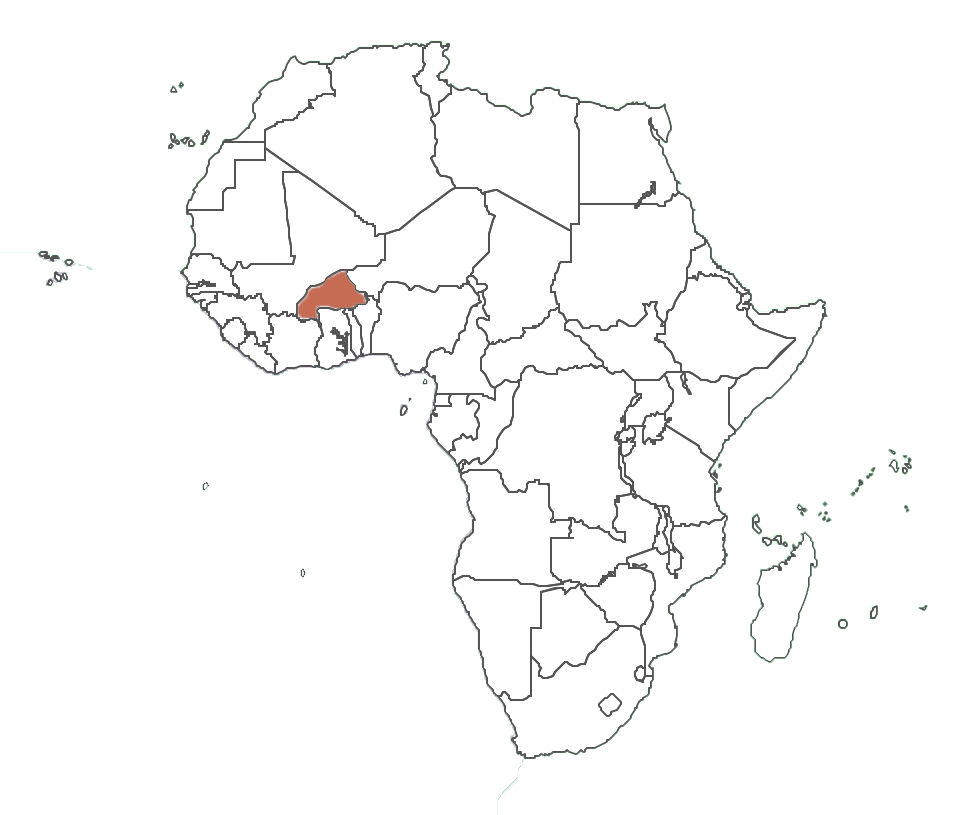EMPOWERING. WOMEN.
BURKINA FASO.
Participants Today
one woman one garden
There is no tool for development more effective than the empowerment of women.
Kofi Annan
The Story

Changing Lives a Seed at a Time
With each visit to Burkina Faso I was struck by the beauty of culture and landscape, as well as the poverty. Something that stood out to me was the lack of agriculture during the dry season. This lack of food production has to be detrimental to a country that already faces extreme poverty.
That lead me to a simple but efficient idea: vegetable gardens. Family vegetable gardens are common everywhere in rural Europe so I wondered why they don’t exist in an area plagued by malnutrition.
The answer is simple: It wasn’t done because it had never been done. People are suspicious of anything new and don’t think outside of the box. I made it my mission to inspire people to be part of a new tradition. One woman one garden inspires positive change in Burkina Faso and breaks with “doing what was always done”.
With a simple idea, we reduce malnutrition, increase economic independence, and generate resilience. We started with 80 women. After only one year more than 1,000 women produced vegetables that they cooked for their family and sold at local markets.
We have expanded by including community gardens that increase efficiency and create a sense of community for women. Additionally, these gardens contain fences and, in some cases, wells, which further allows the women to improve their harvest.
In order to really reflect our principle of sustainability, we are transitioning from the idea of “one woman one garden” to “one woman one tree” in some areas of Burkina Faso. Mango trees will provide a sustainable source of nutrition, shade for the community, and reduce erosion. We hope to make Burkina Faso a greener place in the long term.
This year 3000 women will take part in one woman one garden. My vision is to continue inspiring and empowering women.
Anna Pertl
Why Burkina Faso?

- Female Human Development Index 37.5%
- Population in Severe Multidimensional Poverty 63.8%
- Prevalence of Undernourishment 21%
- Child Deaths Caused by Undernutrition 41%
- Female Literacy Rate 29.3%
- Percentage of Females with Secondary Education 6%
Our Achievements
9,632 individual gardens
14 community gardens
1,945 trees planted